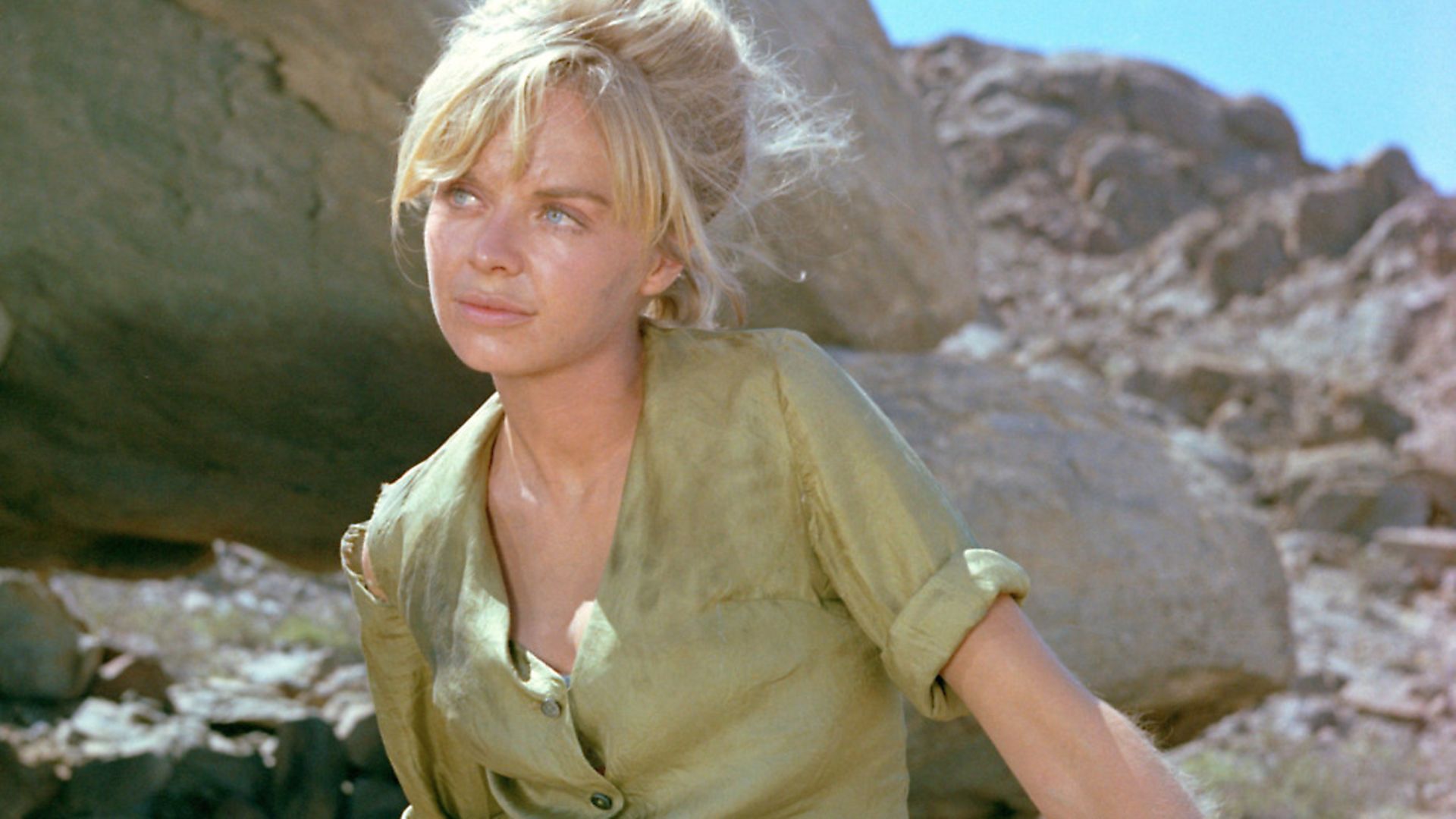
TIM WALKER examines the life of the actress who finally found contentment.
When I interviewed Susannah York in the late 1980s, she was nudging 50 and going through a tough time. She had lately lost her elder sister Carolyn to alcoholism. She was making films like Superman IV: The Quest for Peace and guest-starring in the television series The Love Boat. She didn’t need to be told how awful they were, but she was divorced and had two children and needed the money.
She lived in a big house with a garden in south London and was the epitome of grace under pressure. She made me a cup of tea, sat down on her sofa and eyed me warily. She always wanted to talk to journalists about politics: she was a vociferous CND supporter and campaigned for freedom for Mordechai Vanunu, the Israeli dissident who had been jailed for divulging details of his country’s nuclear weapons programme to the press. The journalists, by contrast, almost always wanted to talk about her films and her love life.
‘All I’d ask is that you don’t call me an ‘English rose’ actress in your piece,’ she said. ‘I must say I’m just rather sick of that description now.’ She could of course see that it was sexist and ageist before society at large had come around to the idea that women needed to be judged not merely by their looks. She seemed aware – but not entirely uncomfortable – of her enduring glamorousness, which is why I reckon she’d had a brutally short haircut before we met. I think I caught a momentary look of triumph in her eyes when she saw the look of surprise and disappointment in the photographer’s face.
Her beauty had been as much as a curse as a blessing. Sure, it had helped to win her parts in films such as Tom Jones, That Lucky Touch and Gold, but it made it harder for her to be accepted as a serious actress. She sought out more challenging work when she could – among them, They Shoot Horses, Don’t They?, which won her an Oscar nomination, and The Killing of Sister George. The former was a groundbreaking lesbian drama in which Coral Browne and Beryl Reid had competed for her affections. ‘Those two loathed each other and fought every day on the set,’ York recalled. ‘I had to become the peace-keeping force between them.’
Almost certainly York would have been getting better parts then if she had only played the game more. ‘Men are allowed to get older in the film world, but it’s harder for women,’ she said. ‘They can get away with it sometimes, but they have to be careful what they say. They have to know how lucky they are and be ever so grateful to everyone. My problem is I’ve always said exactly what I felt and I don’t like being patronised.’
York admitted that there had been an effortlessness about her early career. She had dazzled at the Royal Academy of Dramatic Art, where she’d won the Ronson award for most promising student, and then she got her big break playing opposite Sean Connery in a celebrated television adaptation of Arthur Miller’s The Crucible and never looked back.
The 1980s were the first time she’d stumbled professionally – when she ‘rested’ more than she’d have liked and what scripts she received were feeble. She told me at the time she was fearful of the future, but, as it turned out, the decade was no more than a gear change.
The 1990s saw her back on stage and winning rave reviews as Gertrude in production of Hamlet for the Royal Shakespeare Company. She got the opportunity to really test herself as an actress: she sang country and western songs in a play called Independent State; tried her hand at directing Pushkin’s Eugene Onegin at the White Bear in Kennington; and played a semi-naked Amazonian warrior in Kleist’s Penthesilea at the old Latchmere theatre in Battersea.
I would see her sometimes at first nights towards the end of her life and was struck by a newfound contentment in her. She remained on good terms with her former husband, Michael Wells, and took great pleasure in her two children Sasha and Orlando, who found success as an actor and writer. And maybe, too, this woman who was just a bit ahead of her time quietly rejoiced that the rest of the world had about caught up with her.










